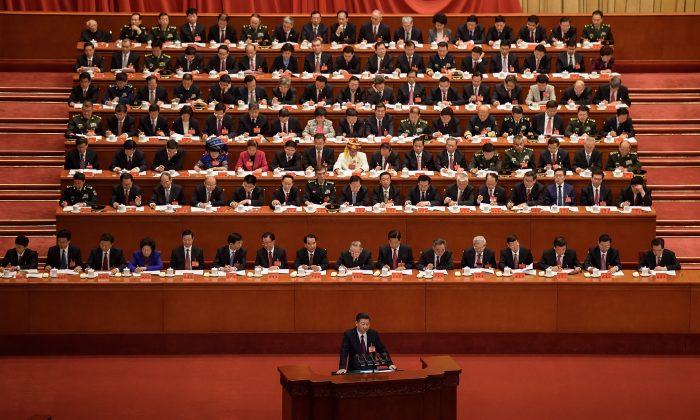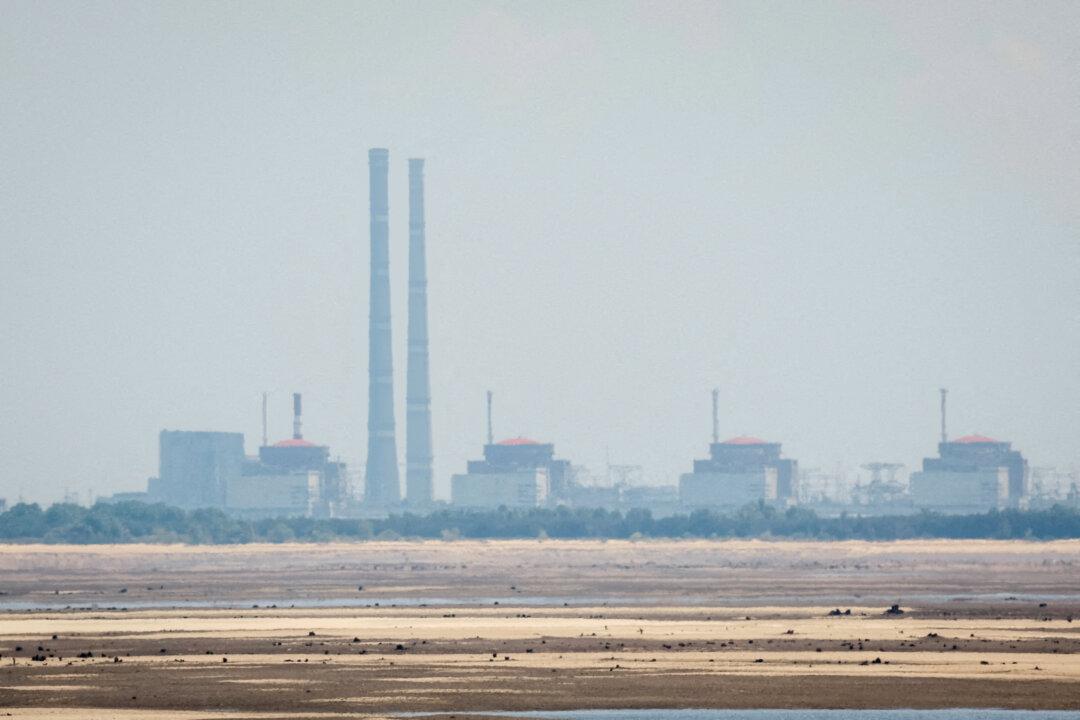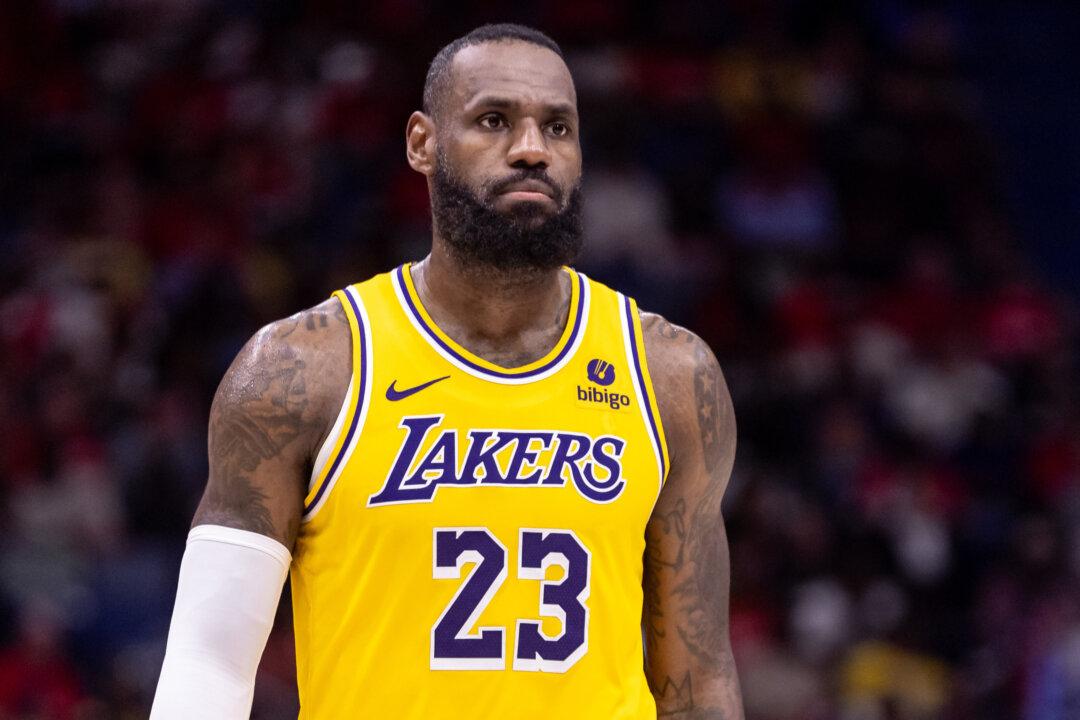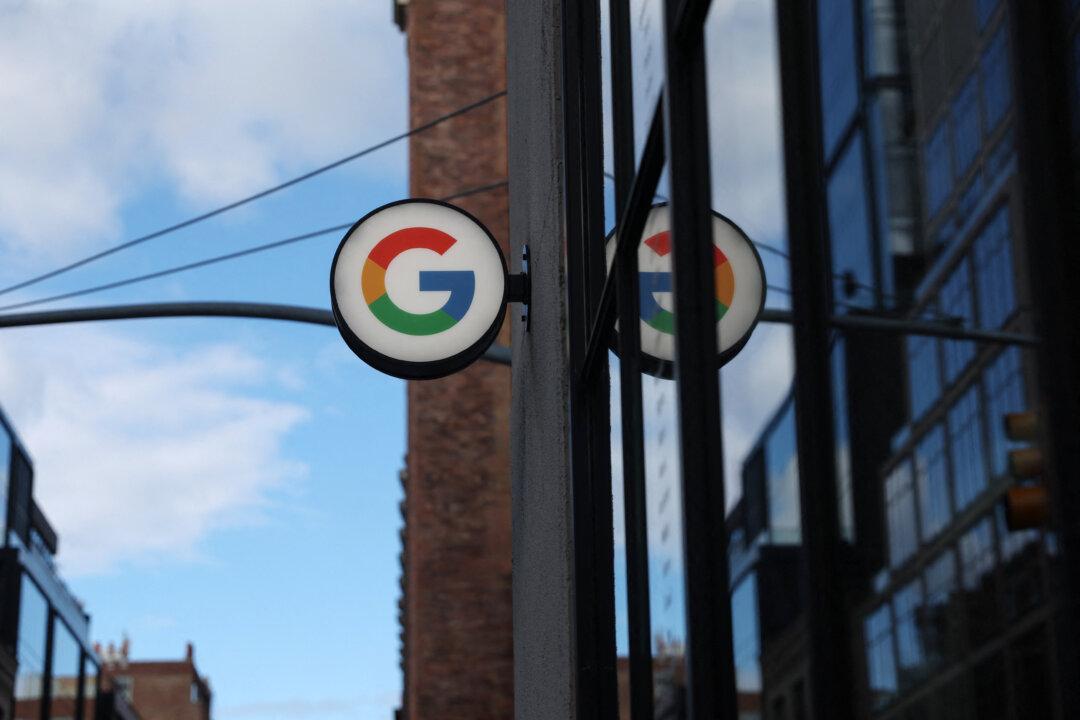The past five months of pro-democracy protests in the former British colony represents a major popular challenge to Chinese leader Xi Jinping’s government since he took over the leadership in late 2012.
On Thursday, the party vowed to ensure Hong Kong’s stability, following a closed-door, four-day meeting of the ruling Communist Party’s senior leaders in Beijing, signaling its importance to the stability-obsessed Party.
What started as opposition to a now-withdrawn extradition bill has grown into a pro-democracy movement against what is seen as Beijing’s tightening grip on the Asian financial hub.
Speaking to reporters on the outcomes of that plenum, Party official Shen Chunyao said Hong Kong was “of course” an important topic at the meeting, which gathers together some 370 officials, from Xi on down.
The plenum stressed that “one country” is the foundation for “two systems,” and the Party will support the governments of the Special Administrative Regions—which also include Macau—to strengthen their law enforcement efforts, said Shen, head of the Basic Law Committee of the Party’s Standing Committee.
The Basic Law is Hong Kong’s mini-constitution which governs its relations with Beijing.
The plenum decided to “perfect” the system for appointing and replacing the leaders of Hong Kong and Macau and other senior officials there, he said, without giving details.
Hong Kong’s four post-handover chief executives have all been chosen by a small election committee stacked with pro-Beijing loyalists. The Basic Law states the “ultimate aim” is selection of the chief execution by “universal suffrage upon nomination by a broadly representative nominating committee.”
Shen may now be indicating that Beijing is preparing to take matters into its own hands by having the National People’s Congress issue a legal interpretation forcing the enactment of such legislation.
Article 23 of the Basic Law requires that the Hong Kong Special Administrative Region “enact laws on its own to prohibit any act of treason, secession, sedition, subversion against the Central People’s Government.”
It would also forbid foreign political organizations or bodies from conducting political activities in Hong Kong and ban Hong Kong political bodies from forging ties with foreign political organizations.
That would bring conditions in Hong Kong closer in line to those in China, where the government allows no political opposition to Communist Party rule and harasses or jails all who challenge its authority. That includes independent legal, civil rights and labor activists, and those defending the native religions, cultures and languages of minority peoples such as Buddhist Tibetans and Turkic Muslim Uyghurs.
Hong Kong has already taken a hard line on demands that candidates for office endorse the “one country, two systems” formula and explicitly rule out the possibility of Hong Kong becoming independent of Beijing.
Hong Kong’s leader, Chief Executive Carrie Lam, said there would be no political solution until the violent protests gripping the semi-autonomous Chinese territory end.
“In short, we will further improve the central government’s system of exercising full administrative power over the Special Administrative Regions in accordance with the constitution and the Basic Law,” he said.
The Communist Party will “firmly safeguard national sovereignty, security, and development interests, safeguard the long-term prosperity and stability of Hong Kong and Macau, and will not tolerate any challenges to the bottom line of ‘one country, two systems,’” Shen said.
The Party “will not tolerate any act of splitting the country or endangering national security, and resolutely prevent and contain external forces from interfering in Hong Kong and Macau affairs and carrying out separatist, subversive, infiltration or destructive activities.”
He gave no details of any specific policy steps Beijing might take.






Friends Read Free